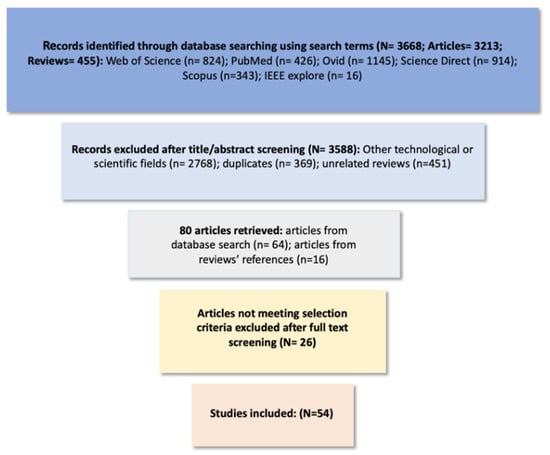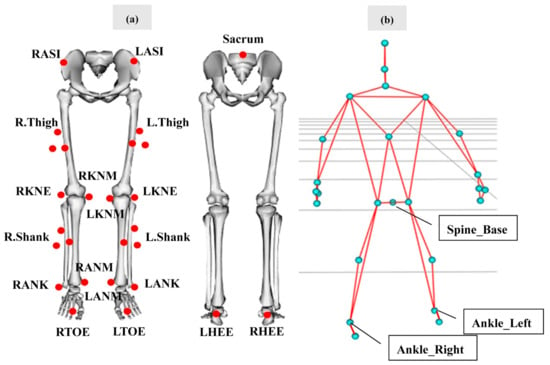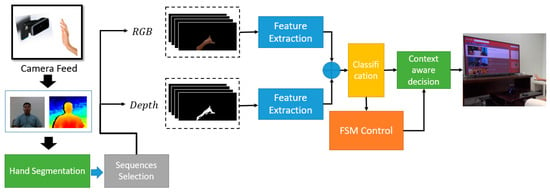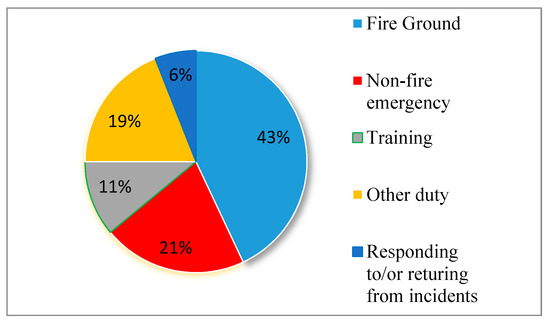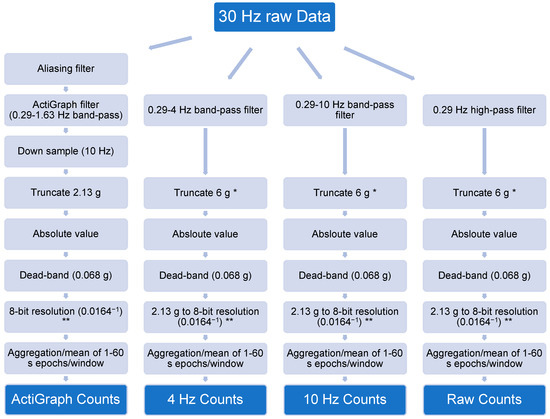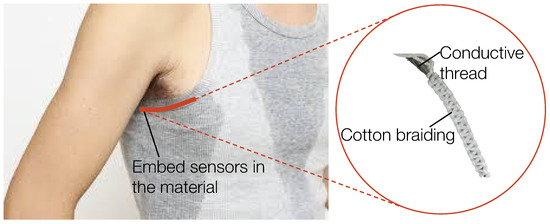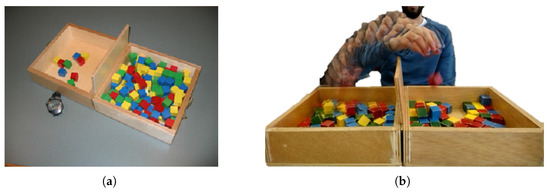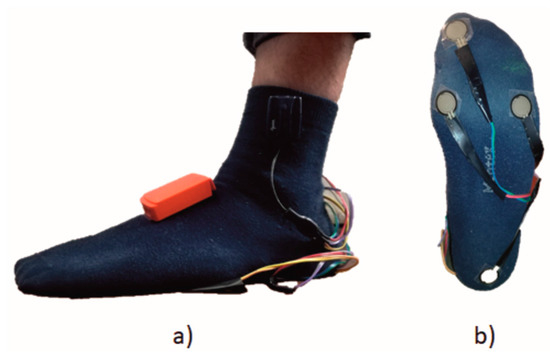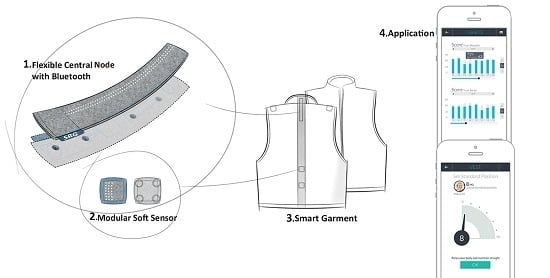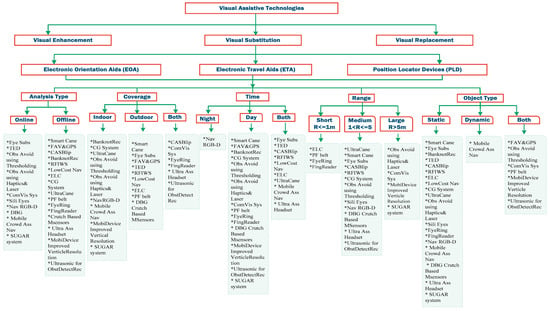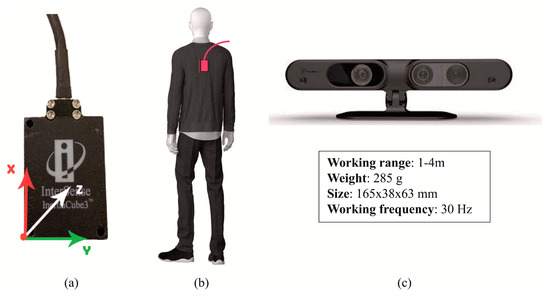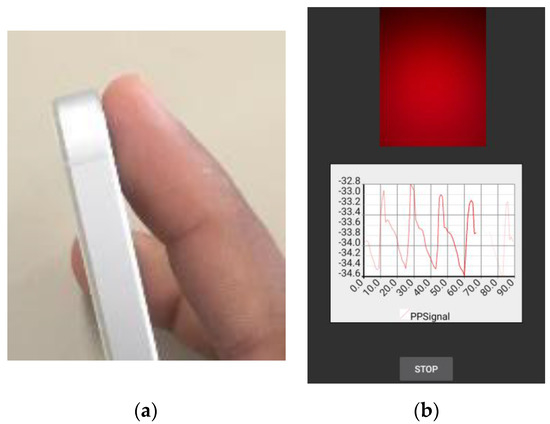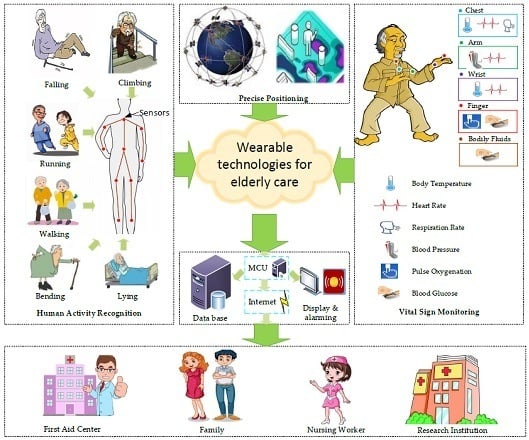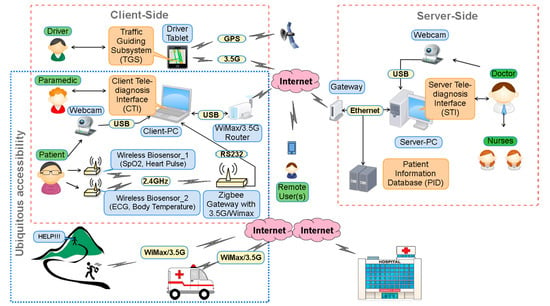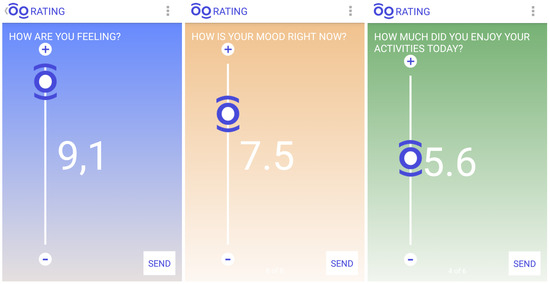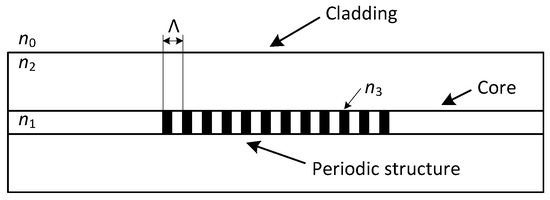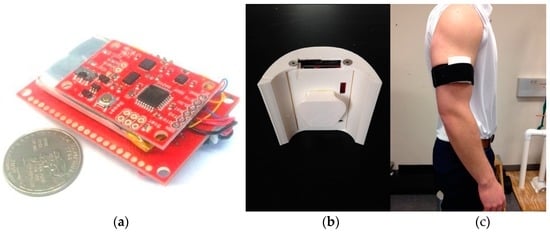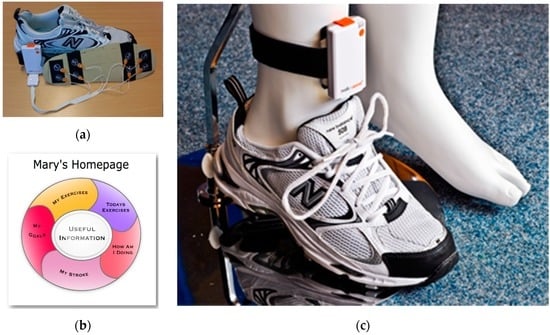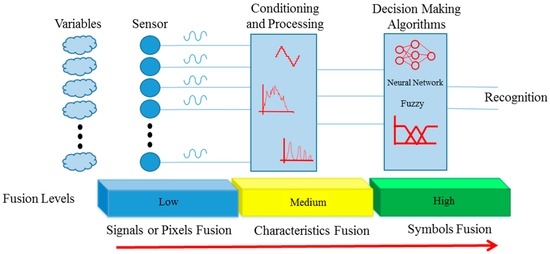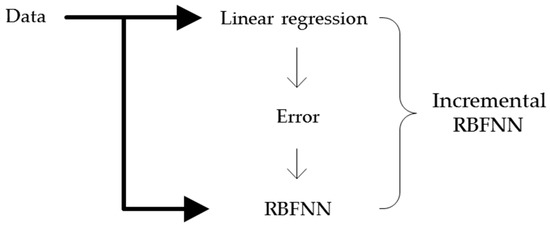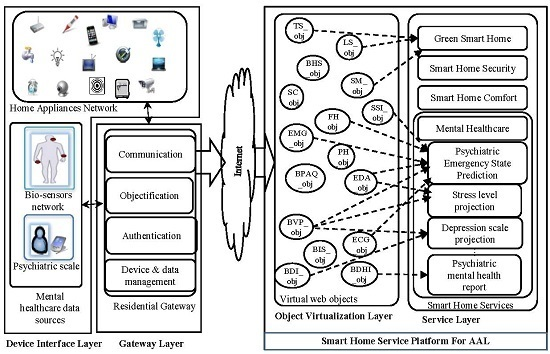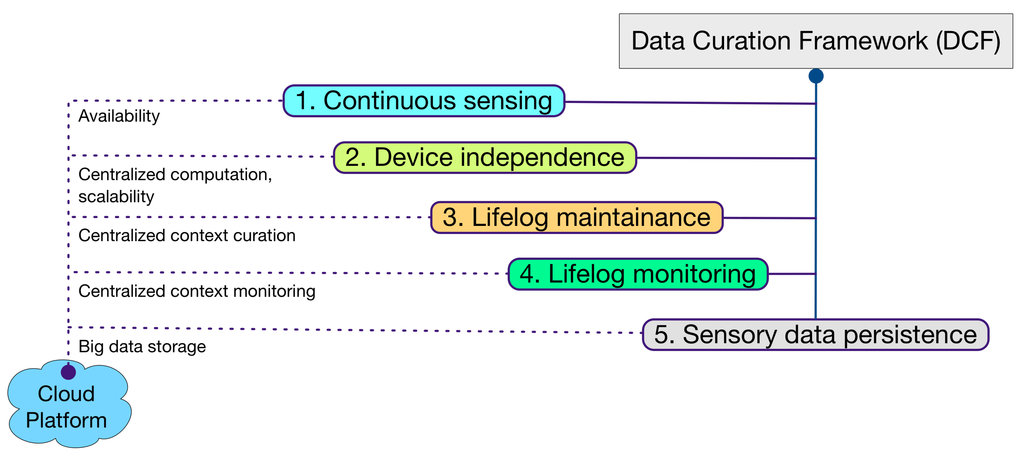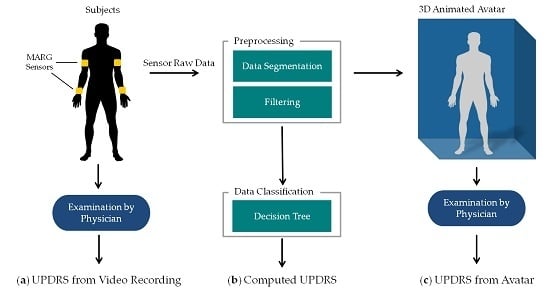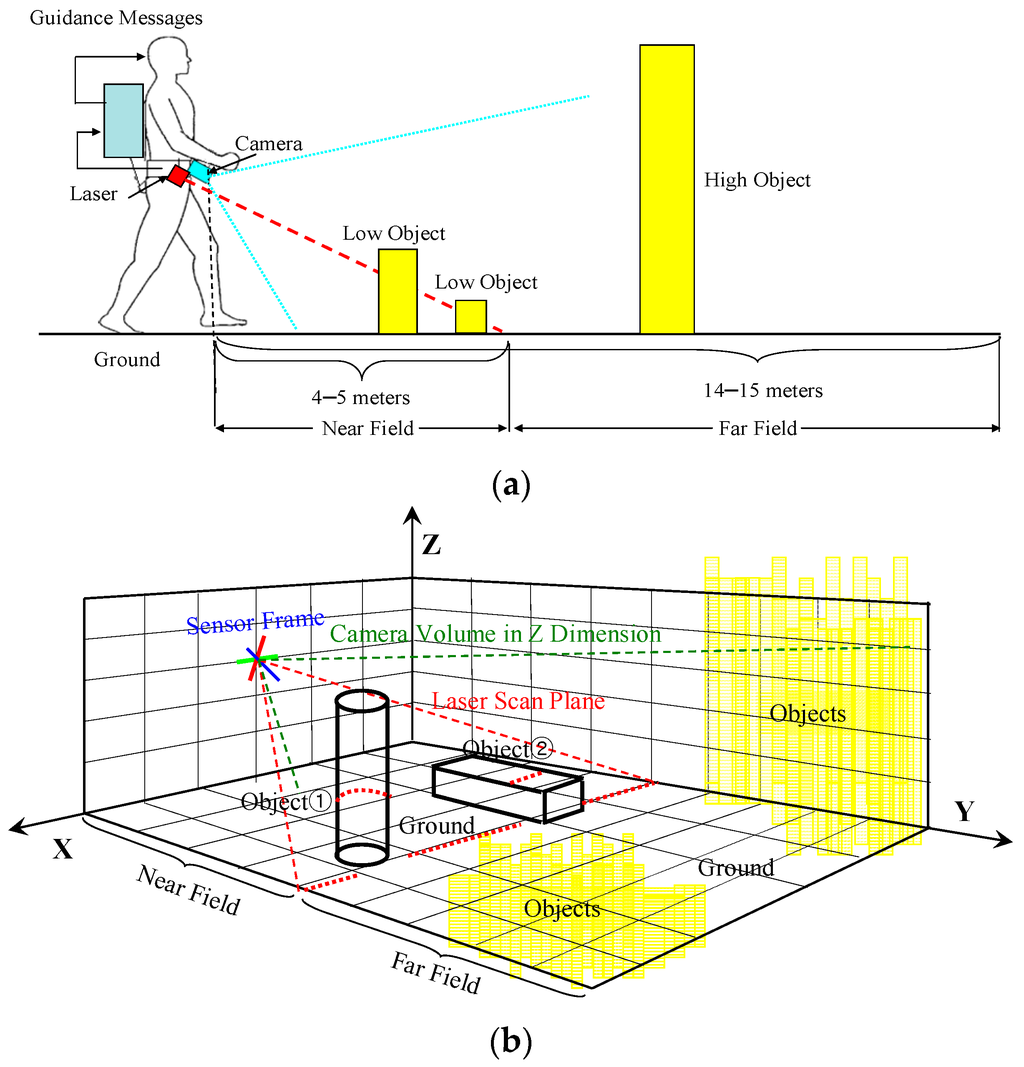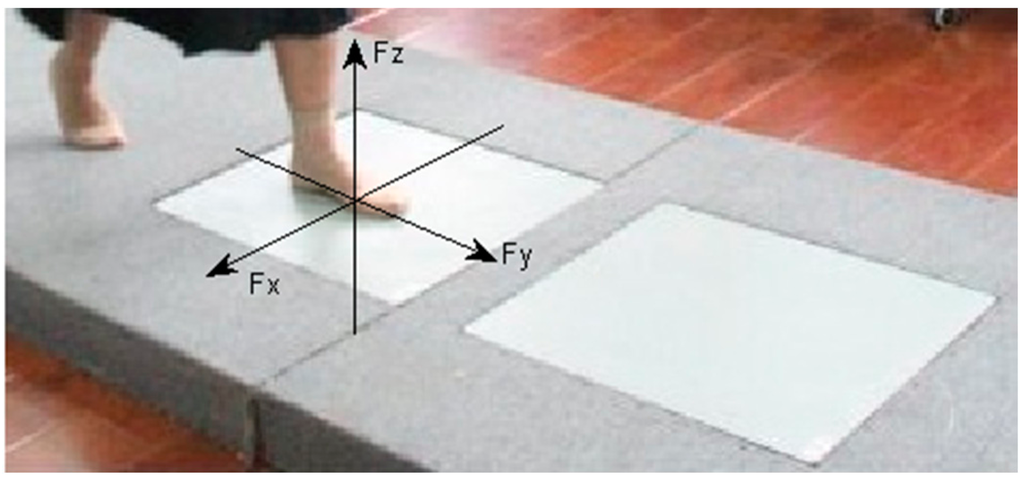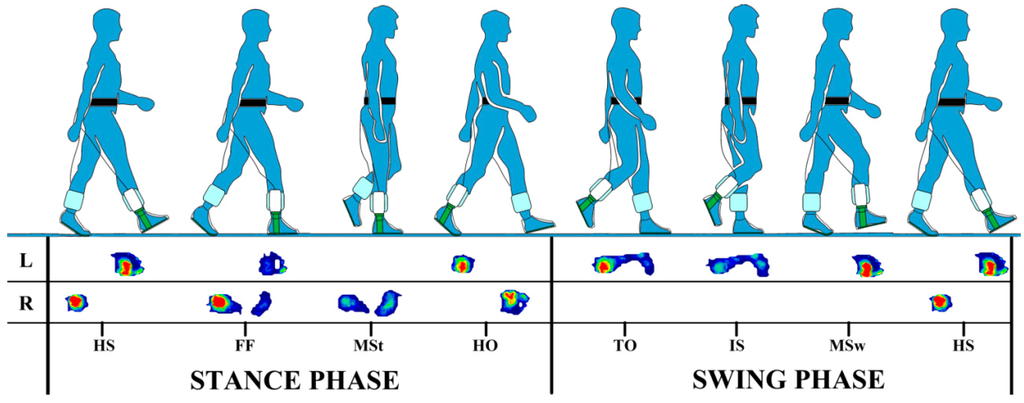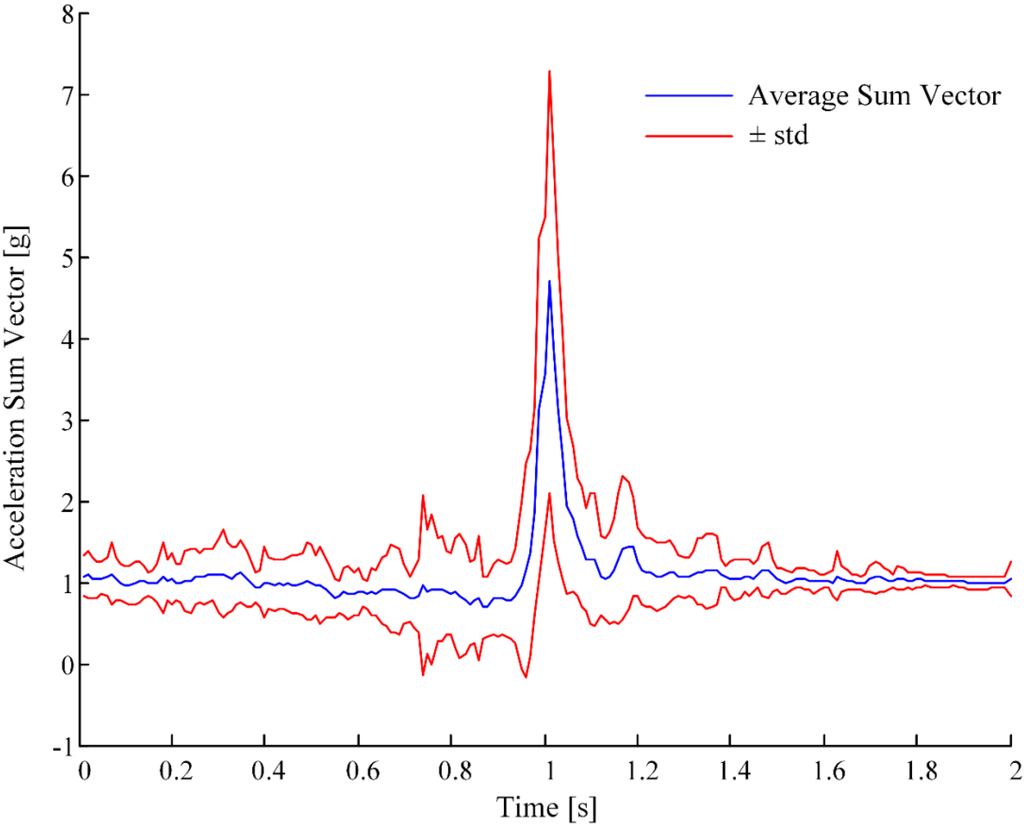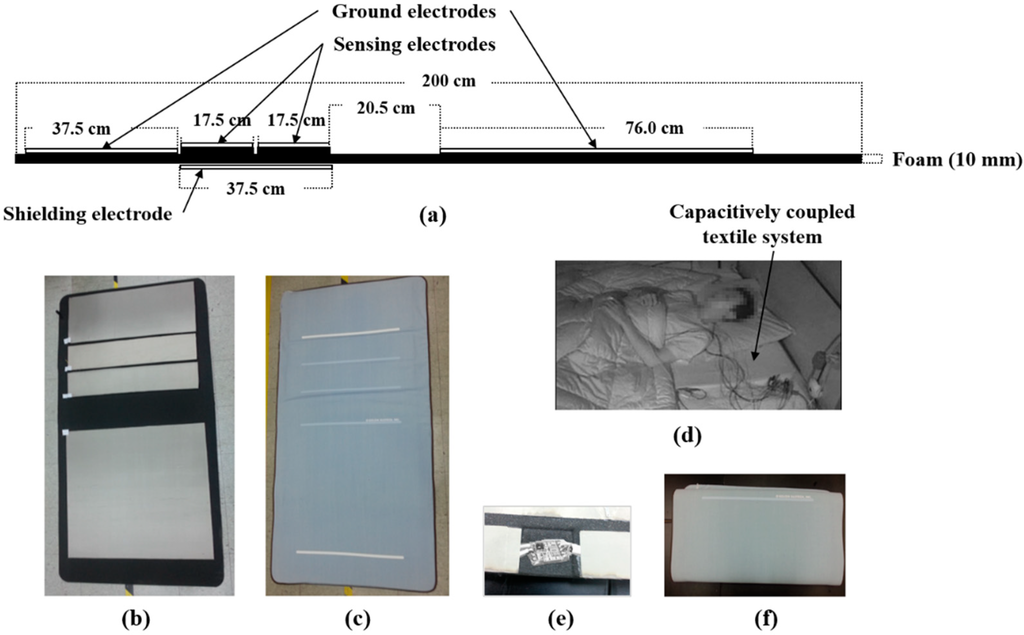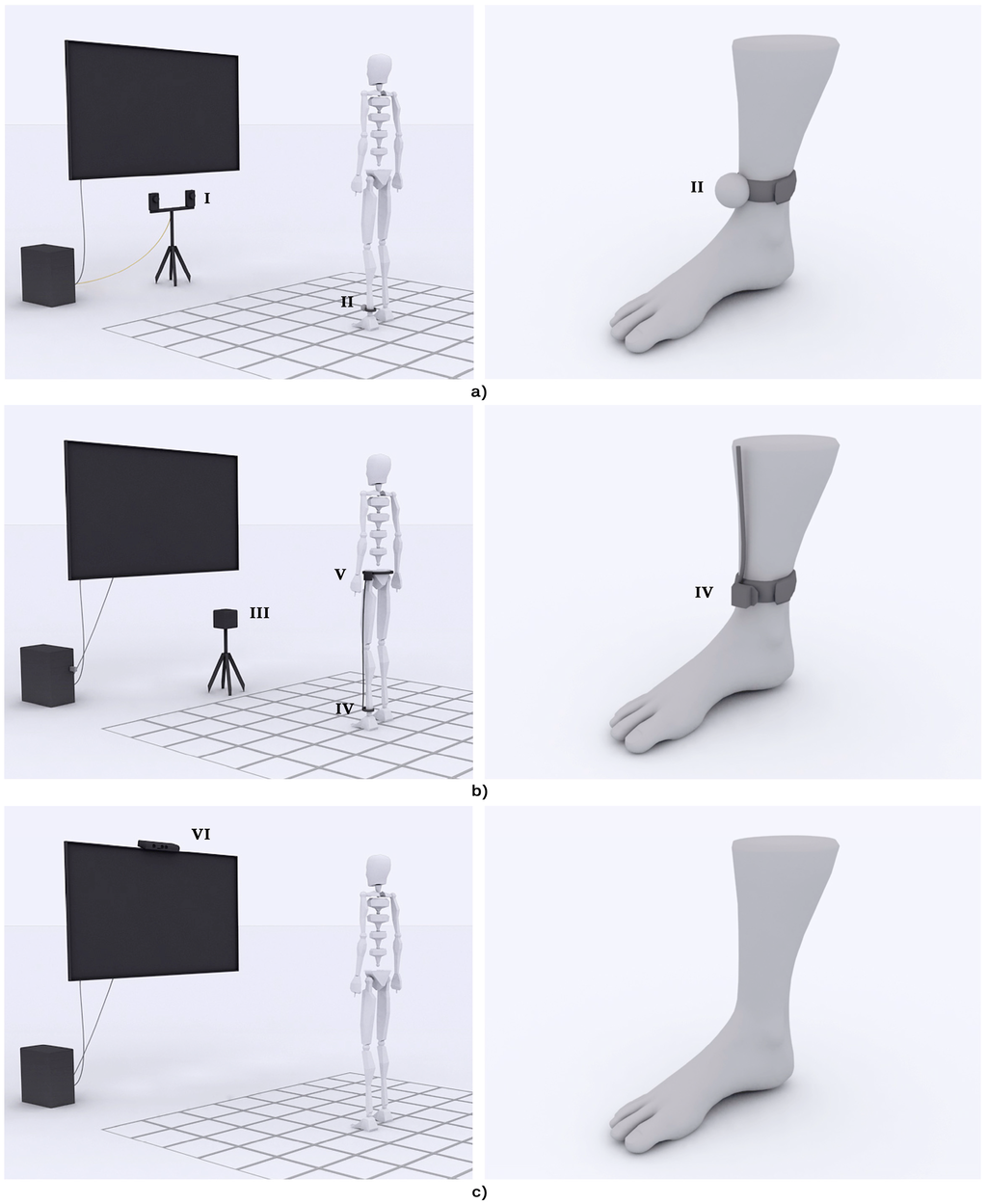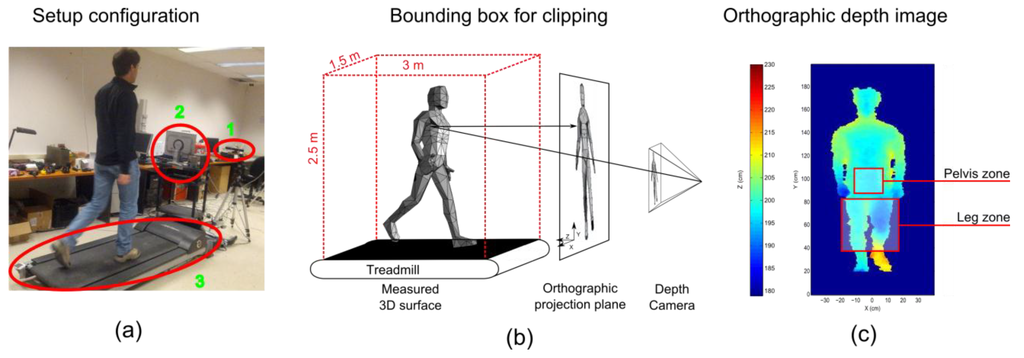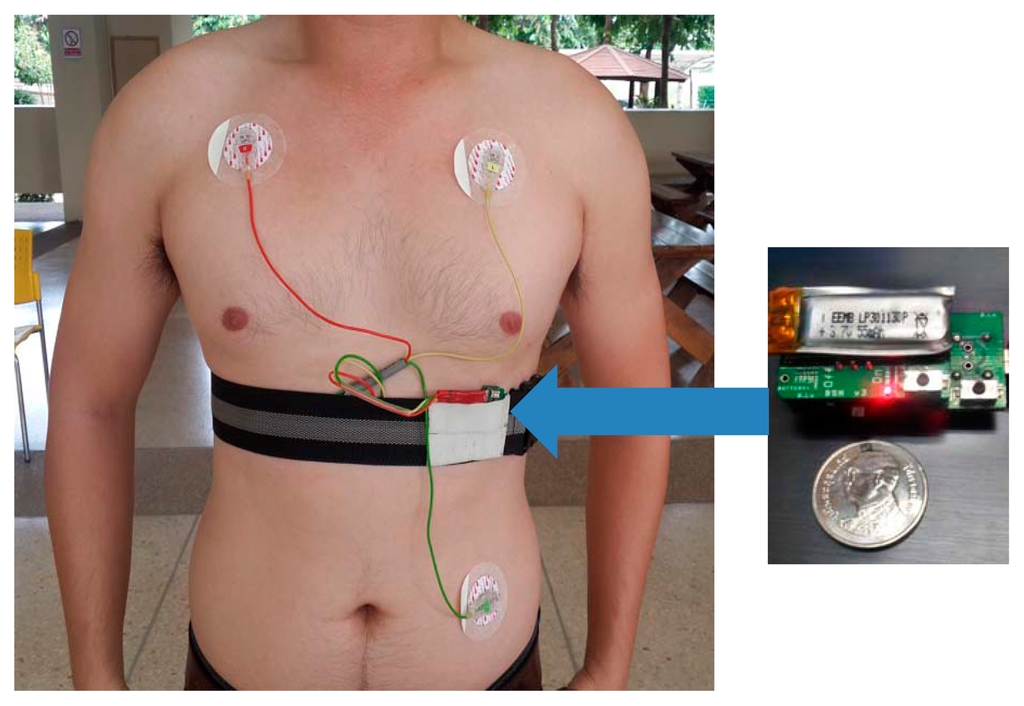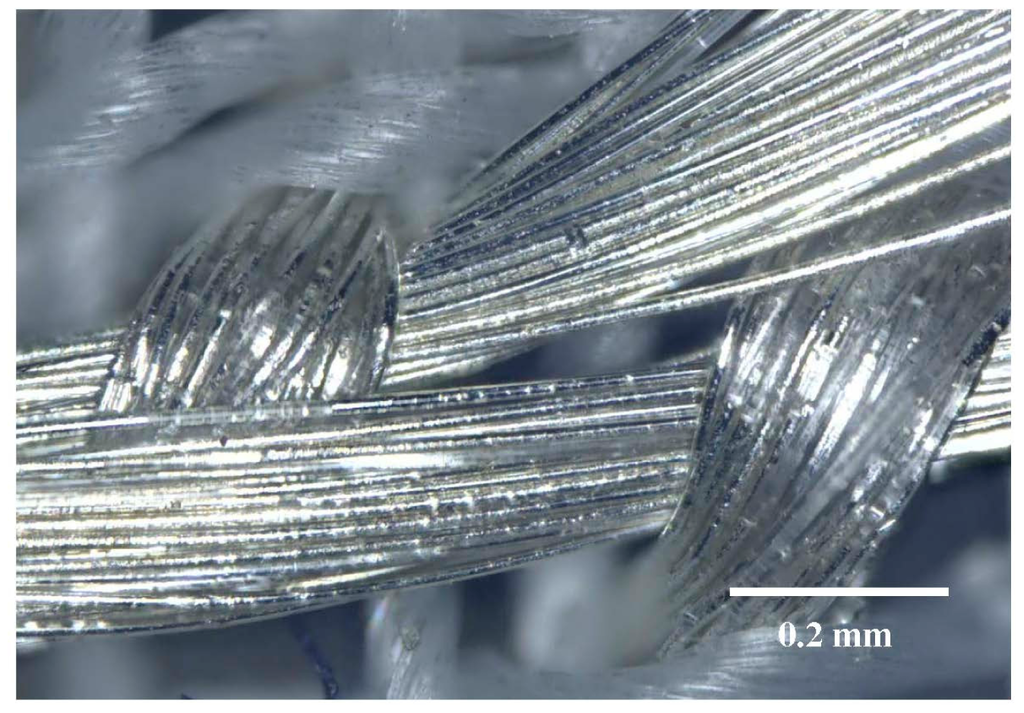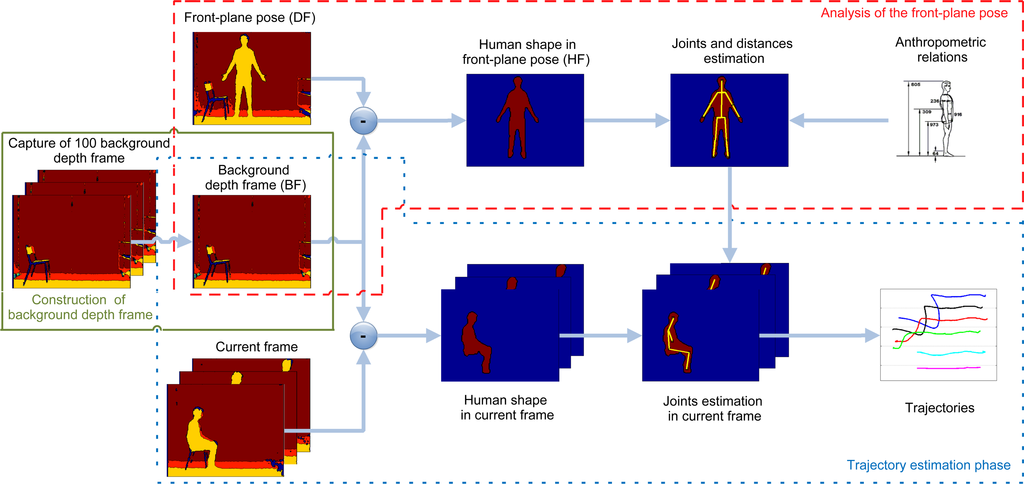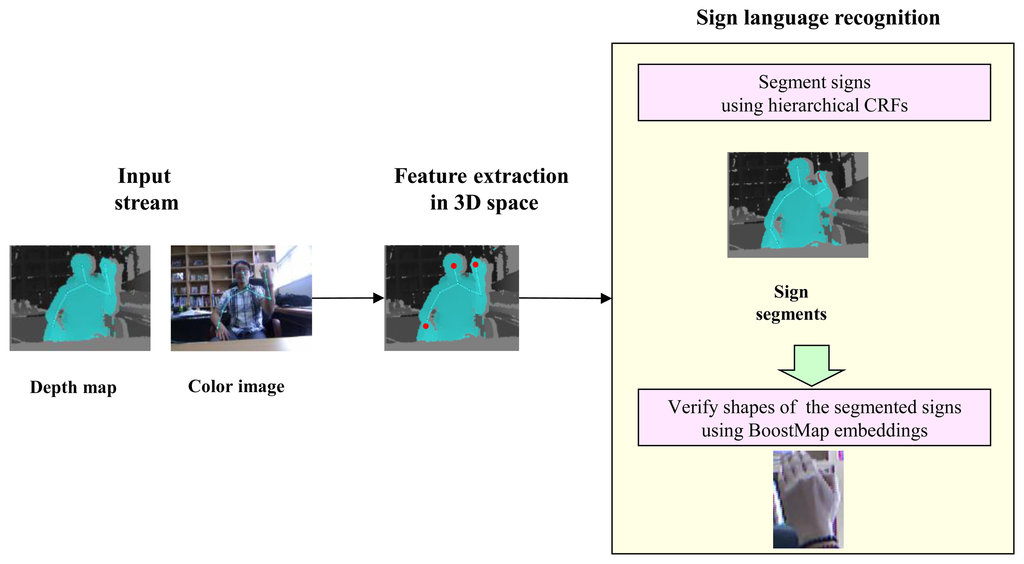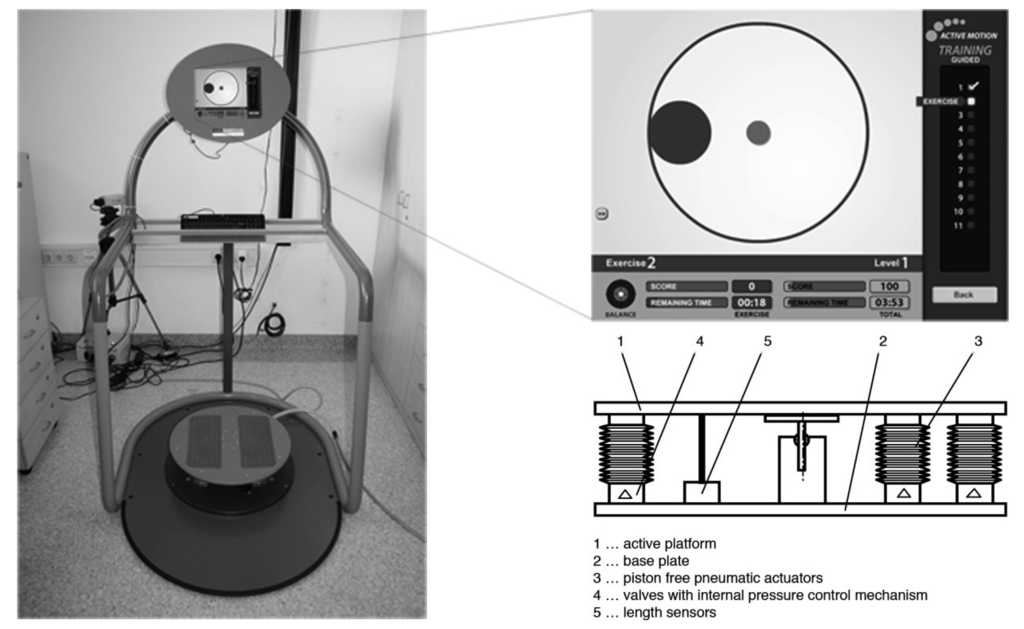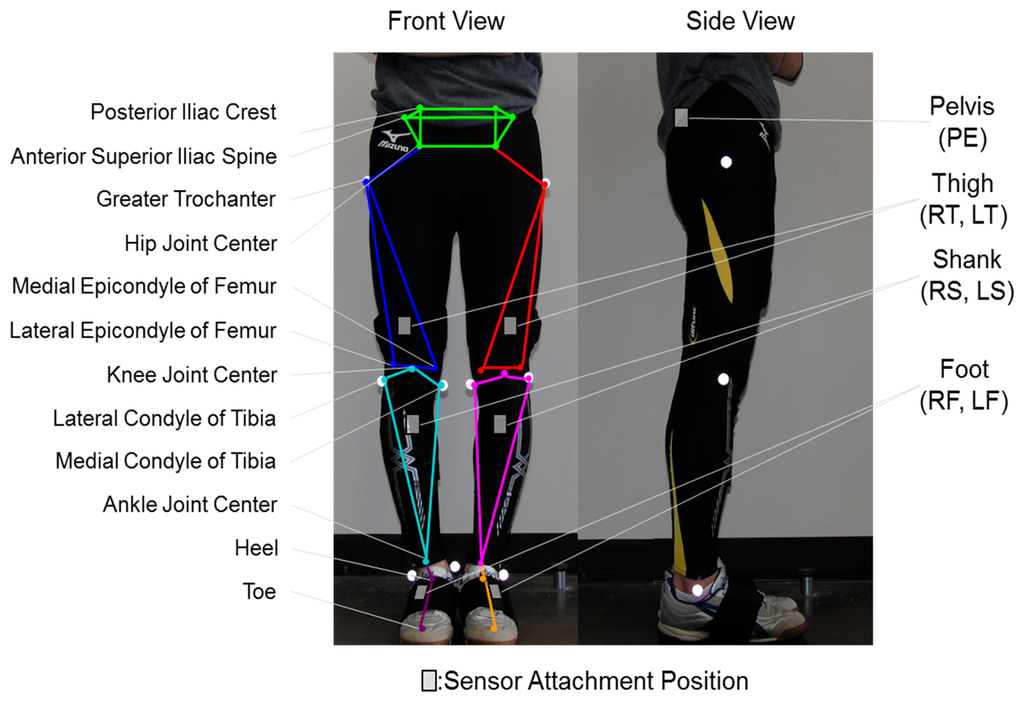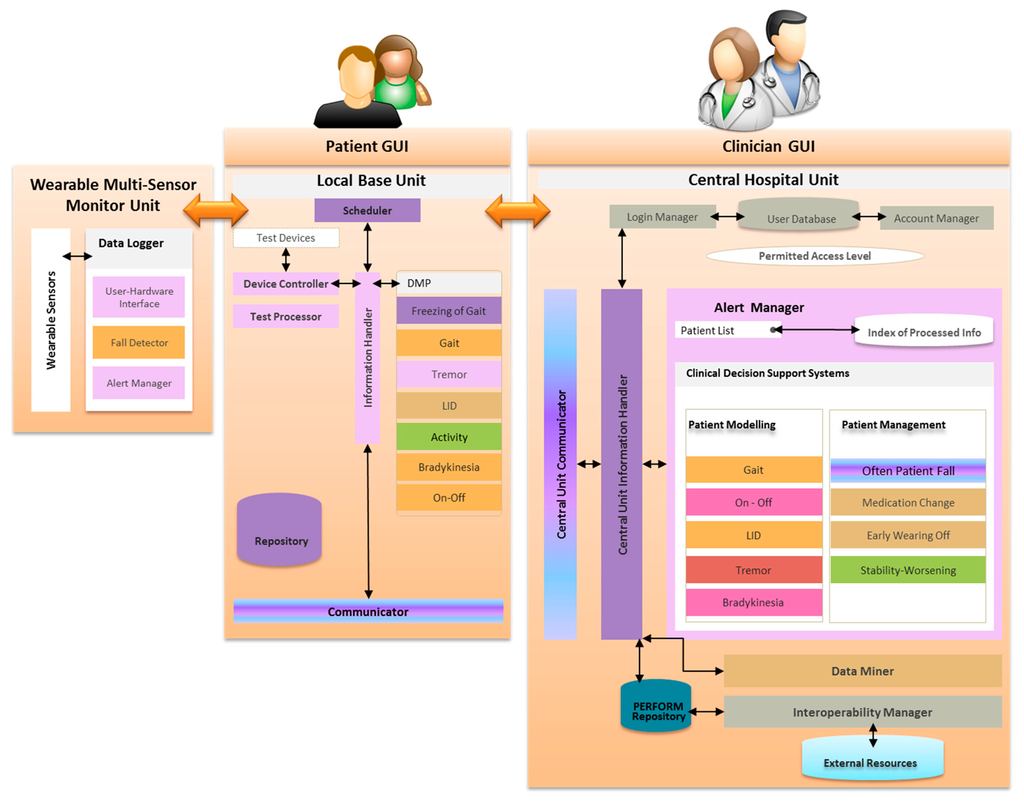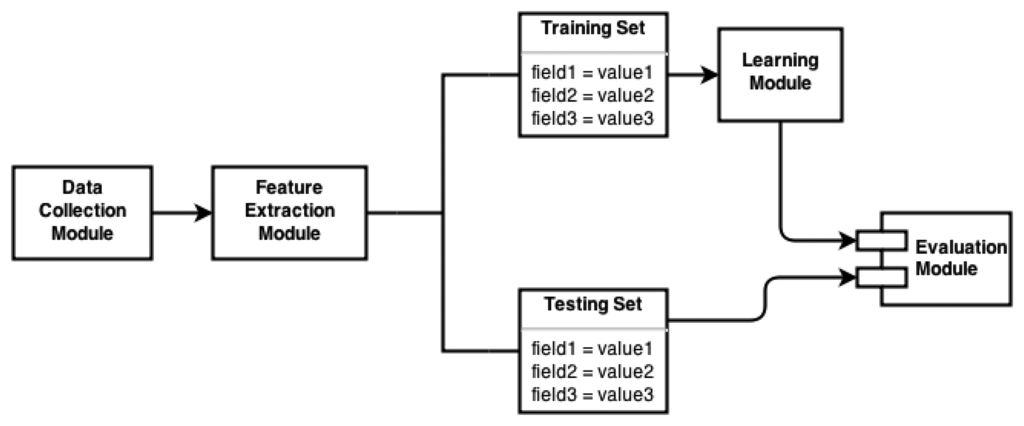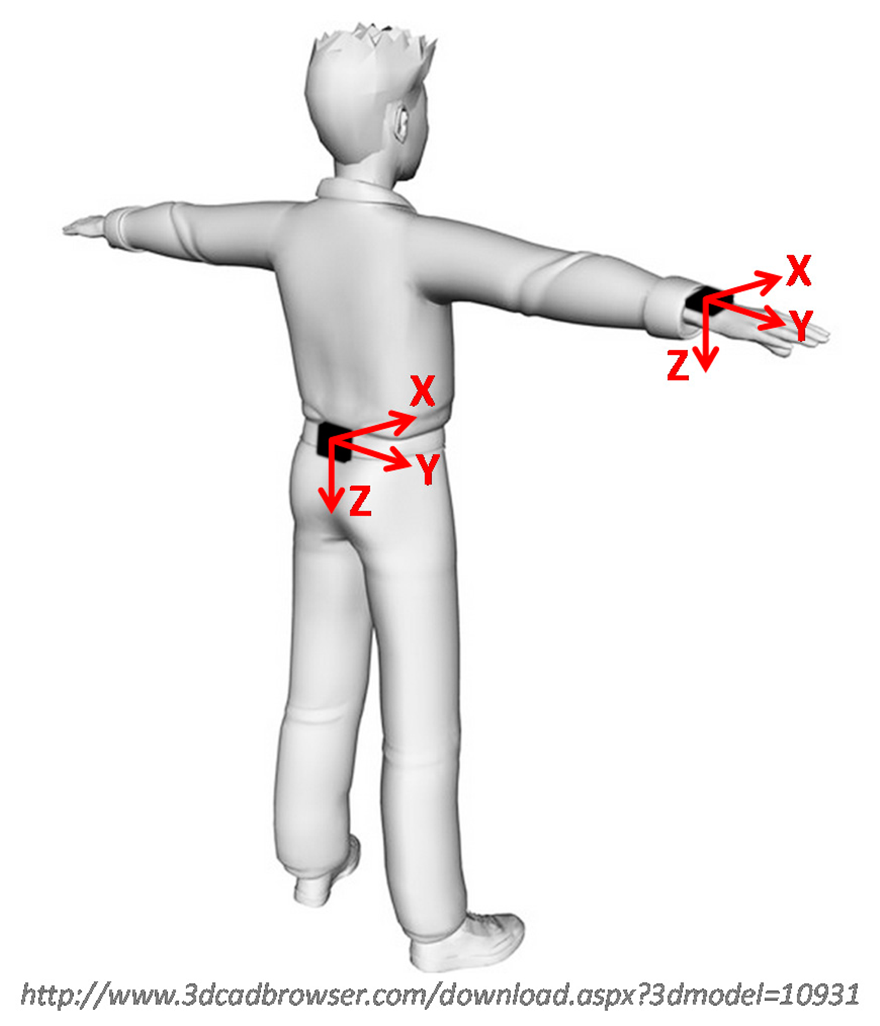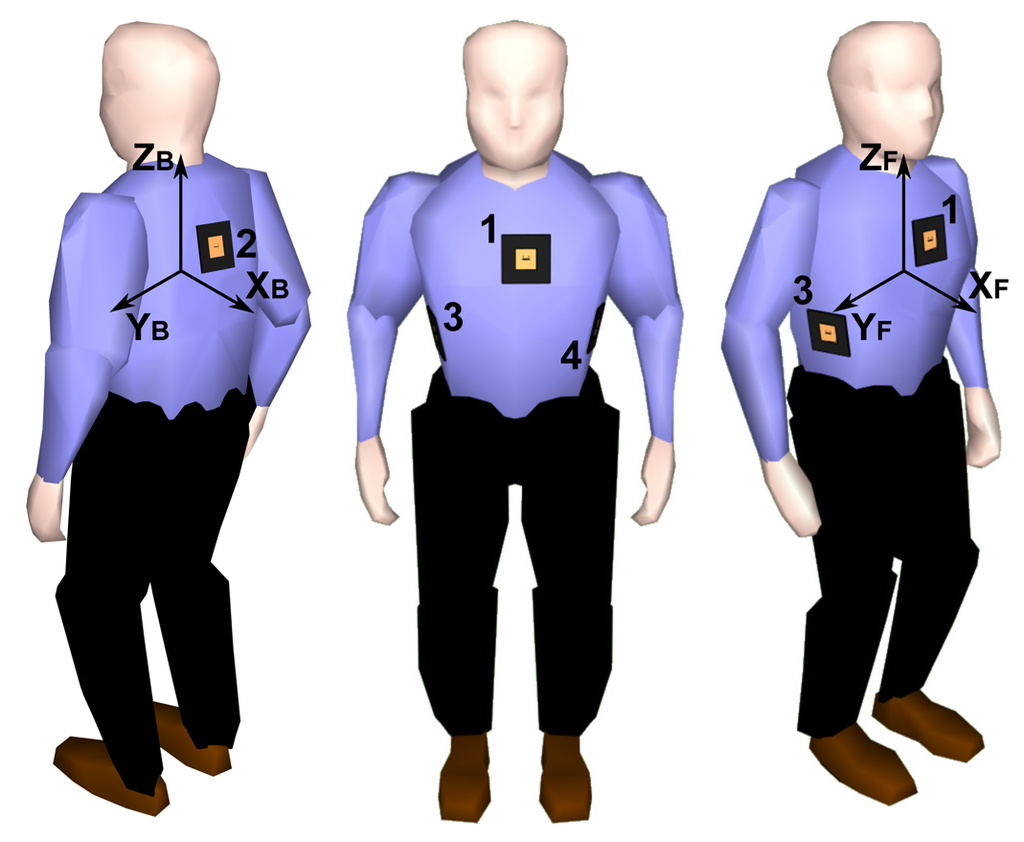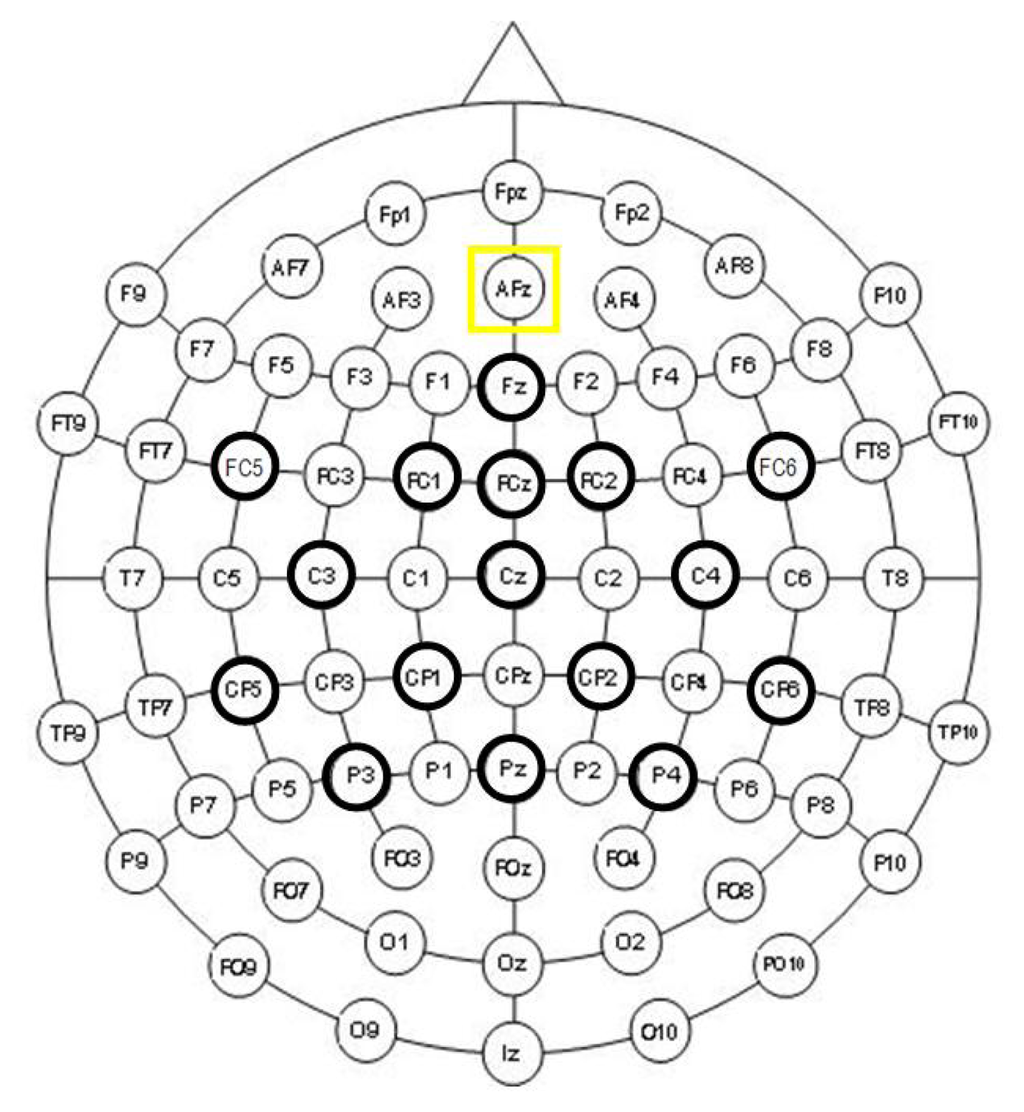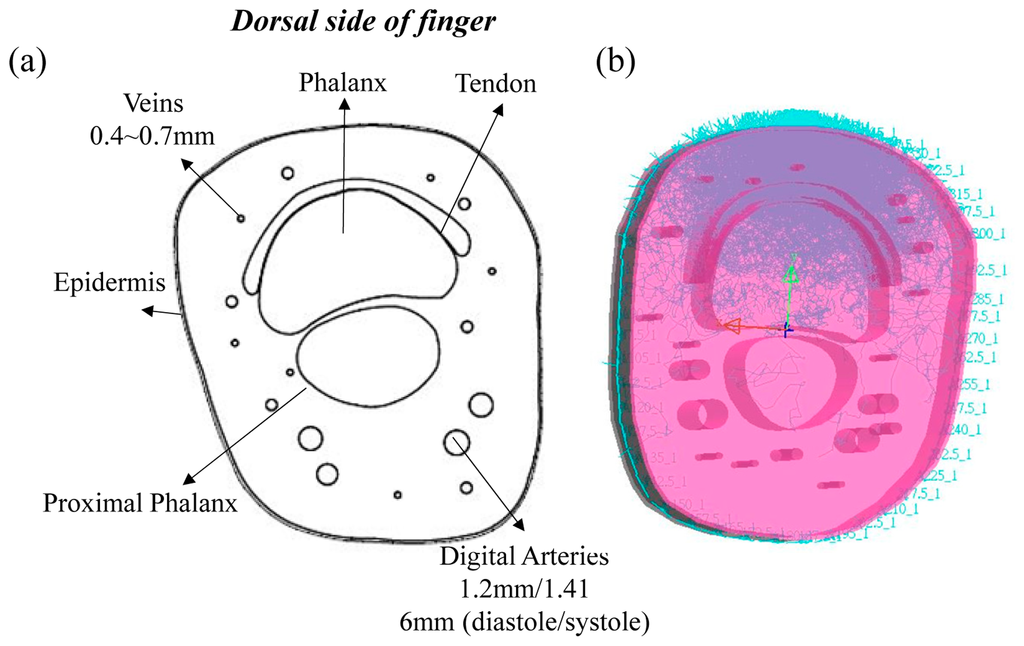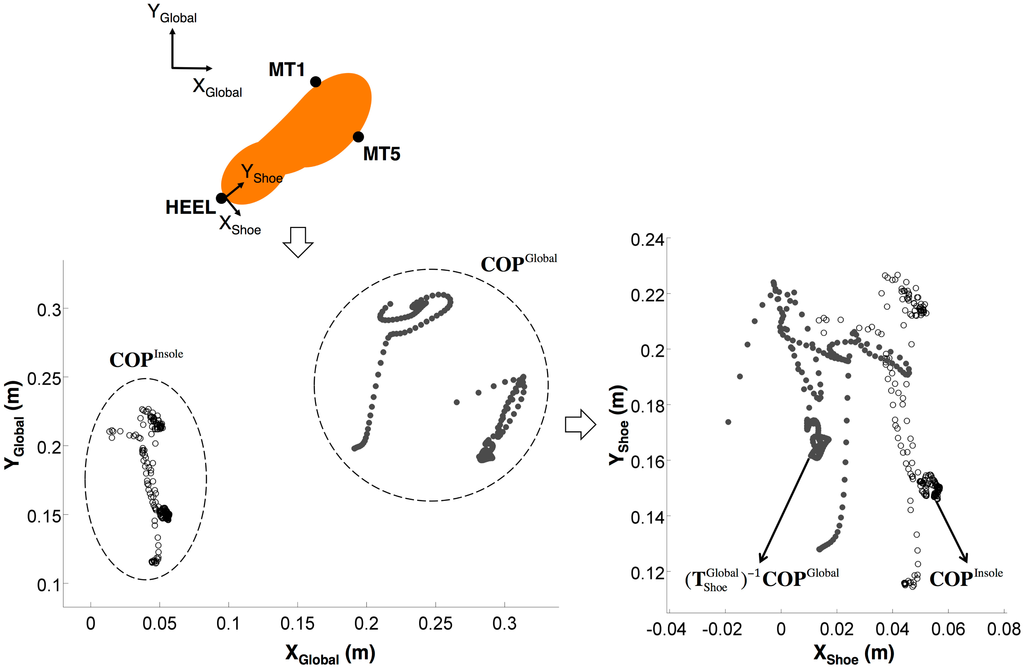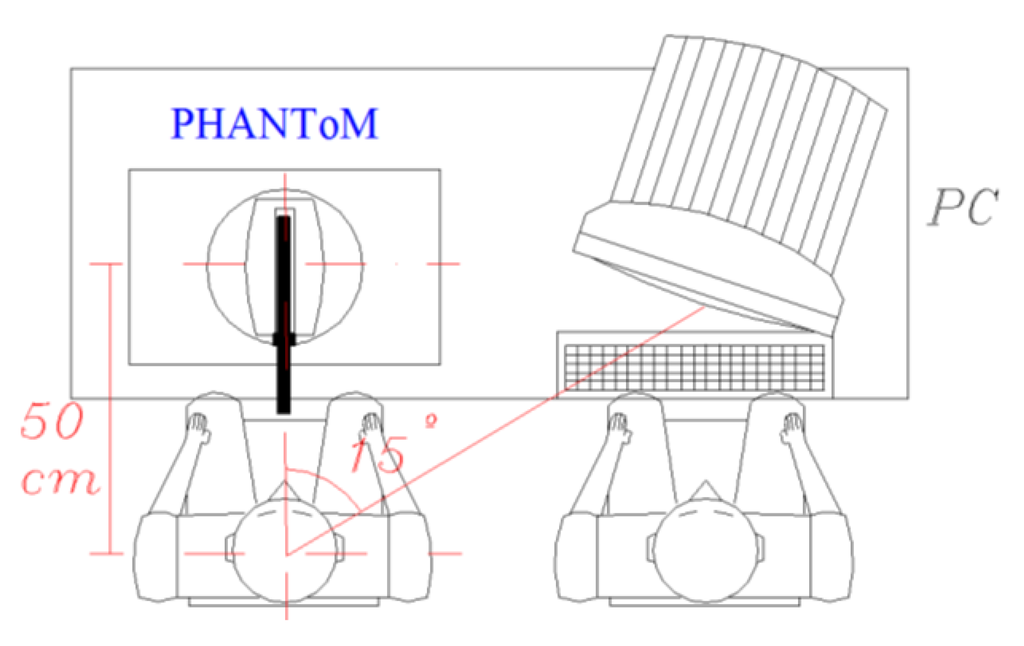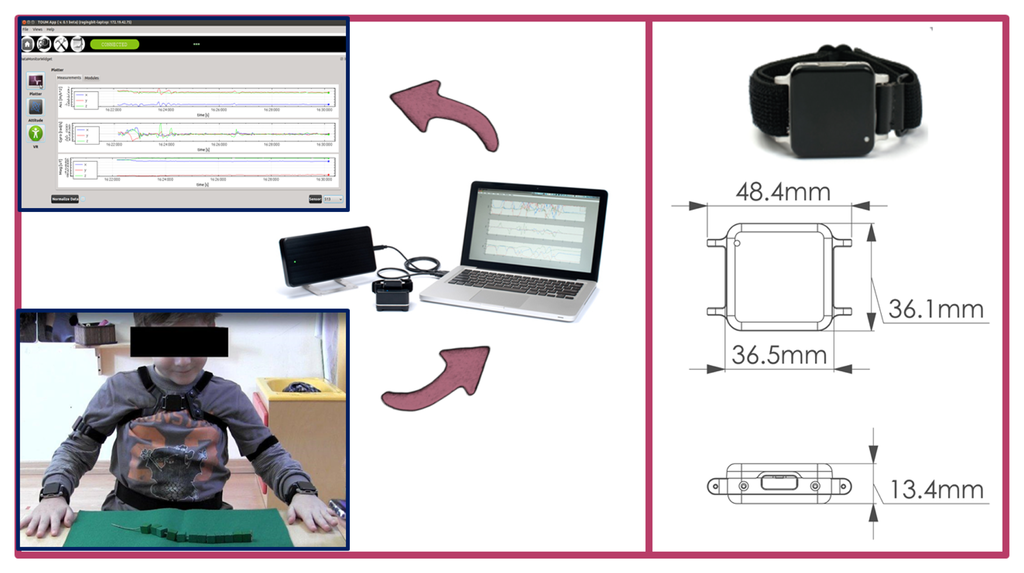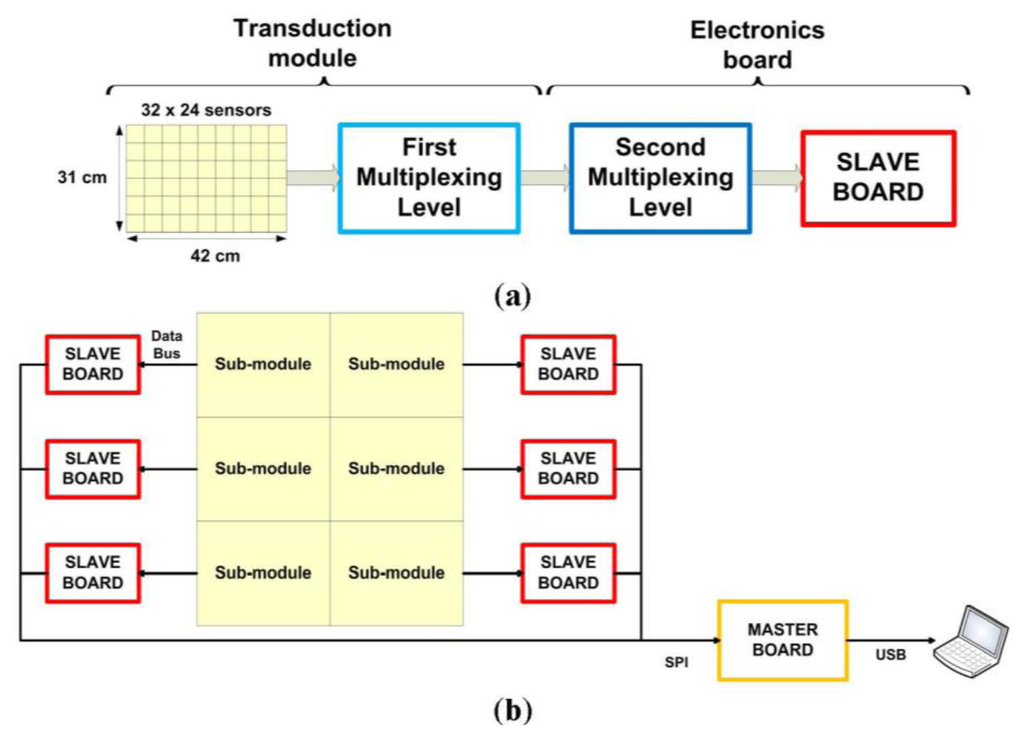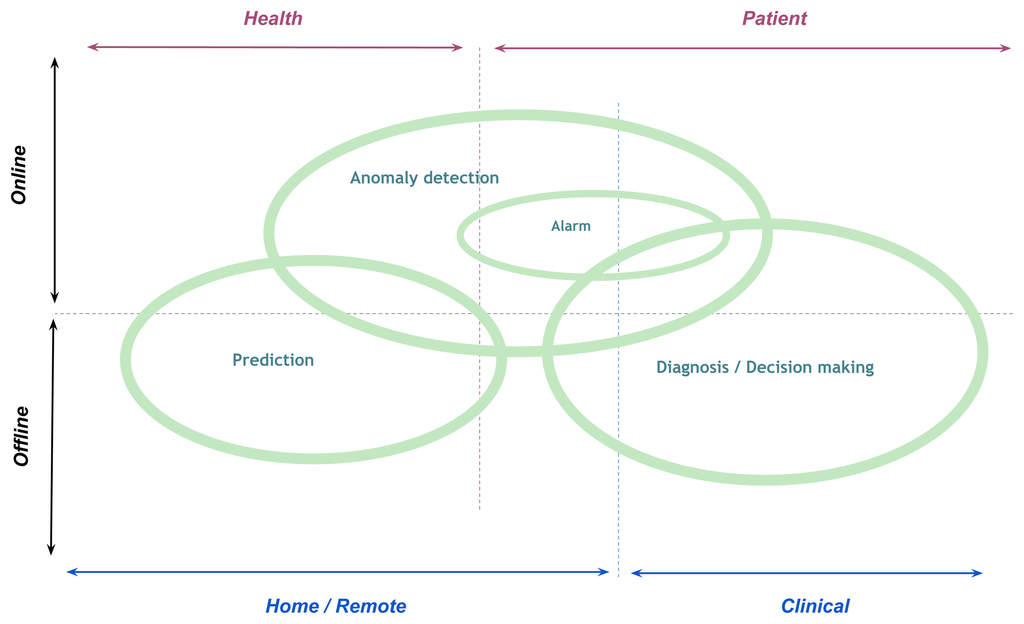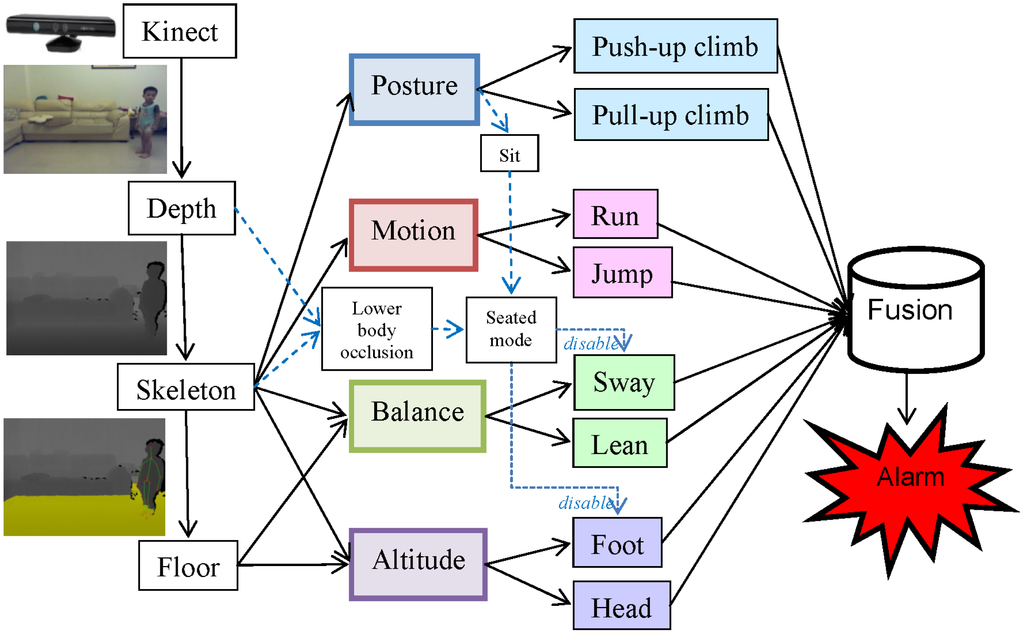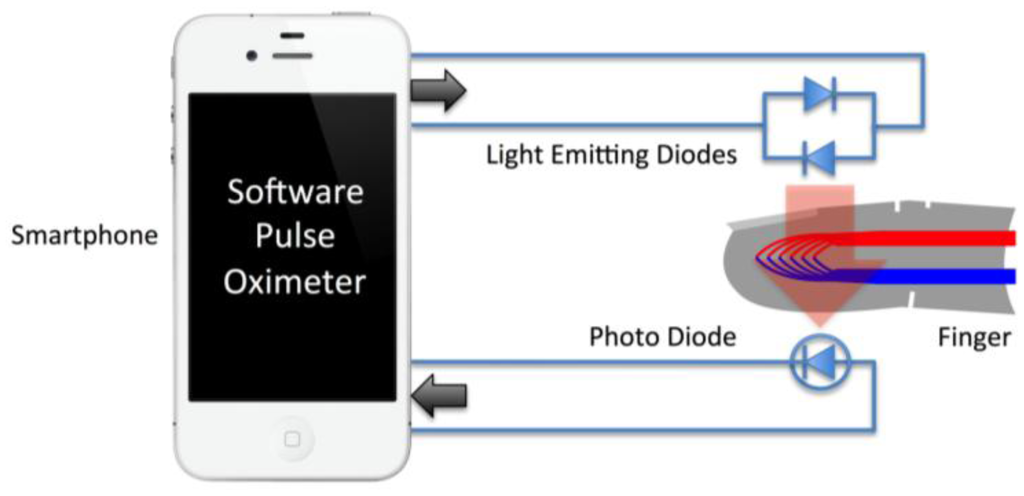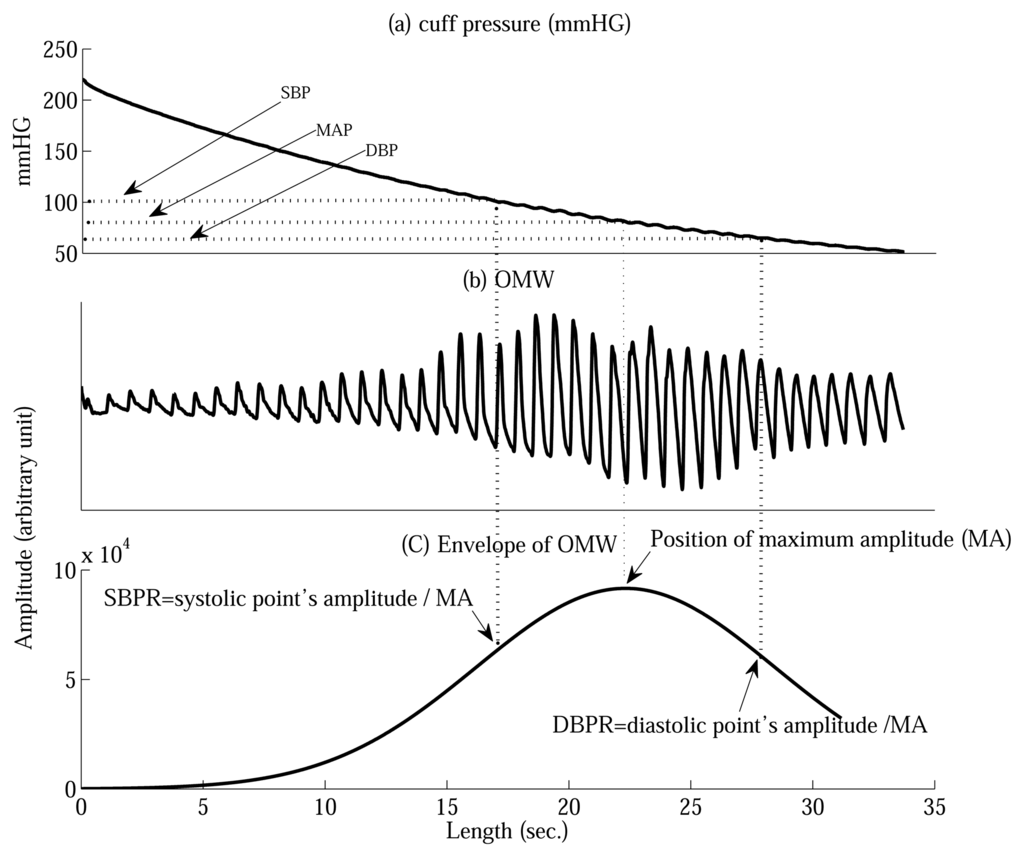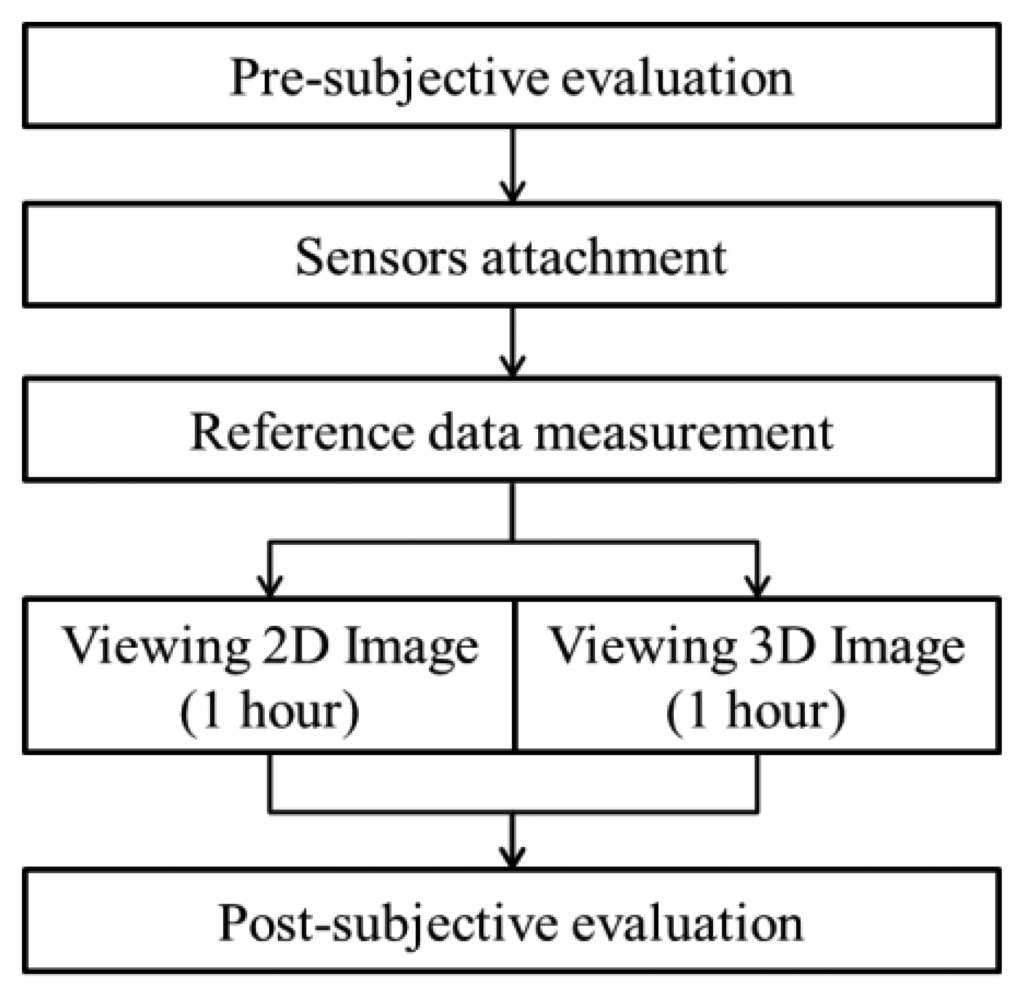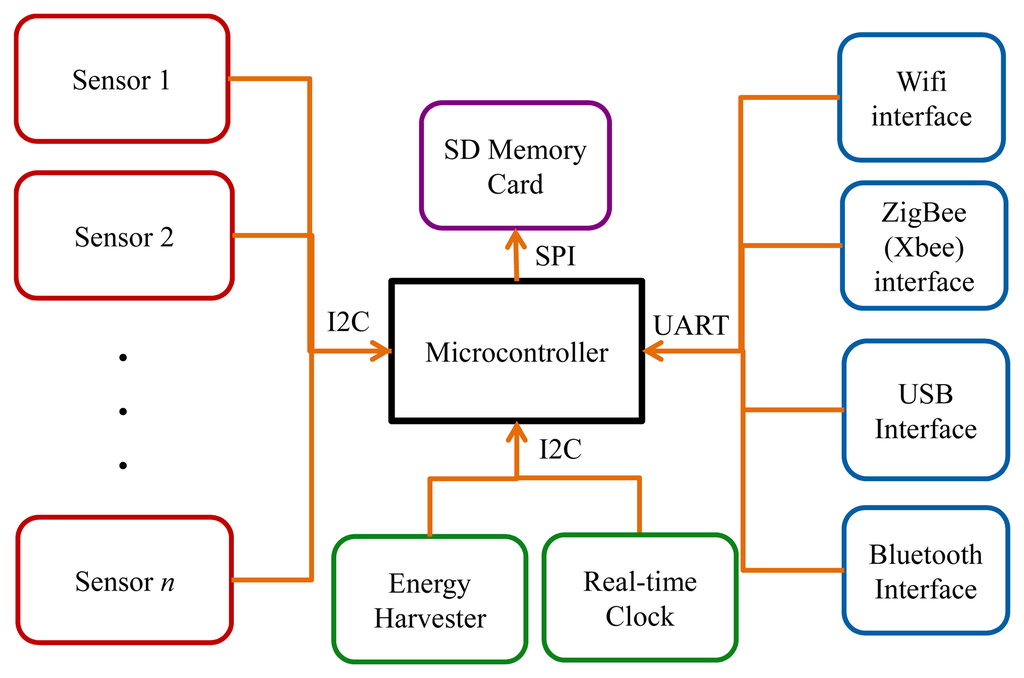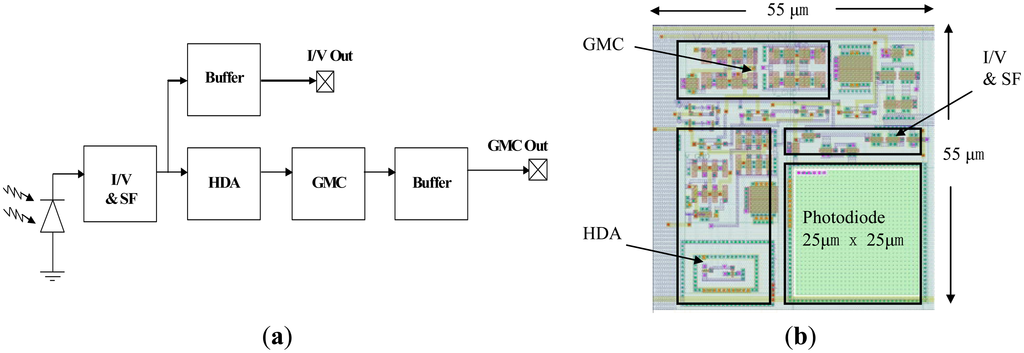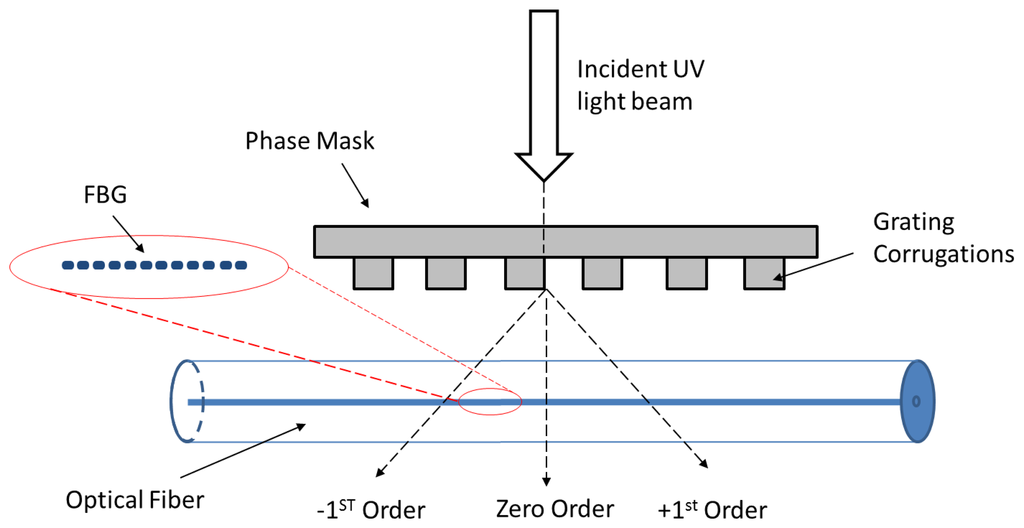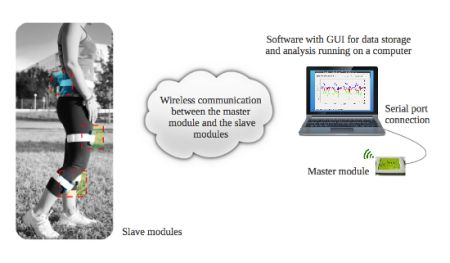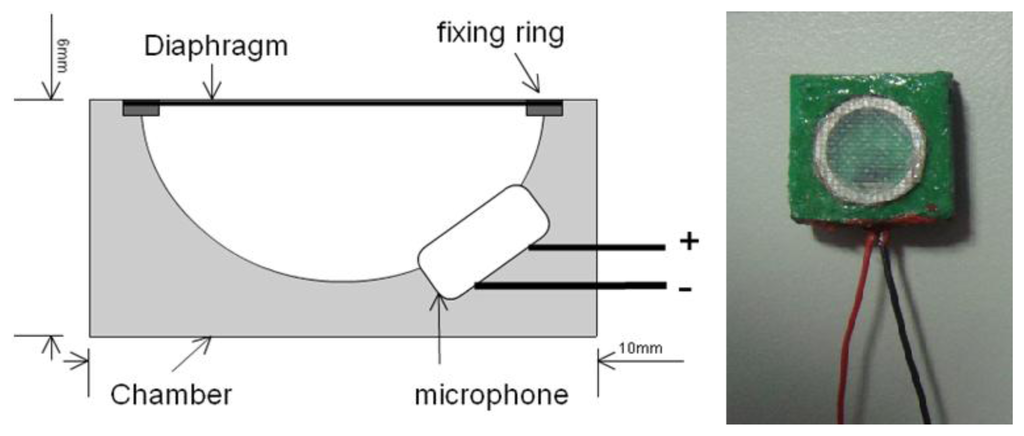Sensors for Globalized Healthy Living and Wellbeing
A topical collection in Sensors (ISSN 1424-8220). This collection belongs to the section "Physical Sensors".
Viewed by 1173301Editor
Interests: tissue optics; chemometrics; optical sensors; wearable devices; photoplethysmography; pulse oximetry; blood and tissue perfusion; biomedical sensors and instrumentation; physiological/clinical measurement; spectrophotometry; bioinstrumentation
Special Issues, Collections and Topics in MDPI journals
Topical Collection Information
Dear Colleagues,
Almost every decision relating to prognosis, diagnosis, treatment and routine clinical monitoring of patients cannot be done without the assistance of medical technologies. As the capabilities of sensing technologies increased, so has the interest of researchers, clinicians and policy-makers in its potential. Recording of physiological and psychological variables in real-life conditions could be especially useful in management of chronic disorders or other health challenges e.g. for high blood pressure, diabetes, anorexia nervosa, chronic pain or severe obesity, stress, epilepsy, depression and many others. Public attitudes to technology and wellbeing have evolved and there is great interest amongst the general public in personalised healthcare. Such attitudes have inspired the development of intelligent sensor technologies, predominantly those for the non-invasive monitoring of various physiological parameters in homes, businesses, and health clubs. Real-life long-term monitoring of health could be useful for measurement of treatment effects at home, in a situation where subjects feel most comfortable. Also, increasing life expectancy accompanied with decreasing dependency ratio in developed countries calls for new solutions to support independent living of the elderly and other vulnerable groups. Wearable sensor technology may provide an integral part of the solution for providing health care to a growing world population that will be strained by a ballooning aging population. Potential applications of these proposed technologies, could include the early diagnosis of diseases such as congestive heart failure, the prevention and/or management of chronic conditions such as diabetes, improved clinical management of neurodegenerative conditions such as Parkinson's disease, and the ability to promptly respond to emergency situations such as seizures in patients with epilepsy and cardiac arrest in subjects undergoing cardiovascular monitoring. In addition, employing wearable technology in professions where people are exposed to extreme environments, dangers or hazards could help save their lives and protect health-care personnel.
This topical collection invites submissions in this area, particularly those that are application-focused.
Prof. Dr. Panicos Kyriacou
Collection Editor
Manuscript Submission Information
Manuscripts should be submitted online at www.mdpi.com by registering and logging in to this website. Once you are registered, click here to go to the submission form. Manuscripts can be submitted until the deadline. All submissions that pass pre-check are peer-reviewed. Accepted papers will be published continuously in the journal (as soon as accepted) and will be listed together on the collection website. Research articles, review articles as well as short communications are invited. For planned papers, a title and short abstract (about 250 words) can be sent to the Editorial Office for assessment.
Submitted manuscripts should not have been published previously, nor be under consideration for publication elsewhere (except conference proceedings papers). All manuscripts are thoroughly refereed through a single-blind peer-review process. A guide for authors and other relevant information for submission of manuscripts is available on the Instructions for Authors page. Sensors is an international peer-reviewed open access semimonthly journal published by MDPI.
Please visit the Instructions for Authors page before submitting a manuscript. The Article Processing Charge (APC) for publication in this open access journal is 2600 CHF (Swiss Francs). Submitted papers should be well formatted and use good English. Authors may use MDPI's English editing service prior to publication or during author revisions.











